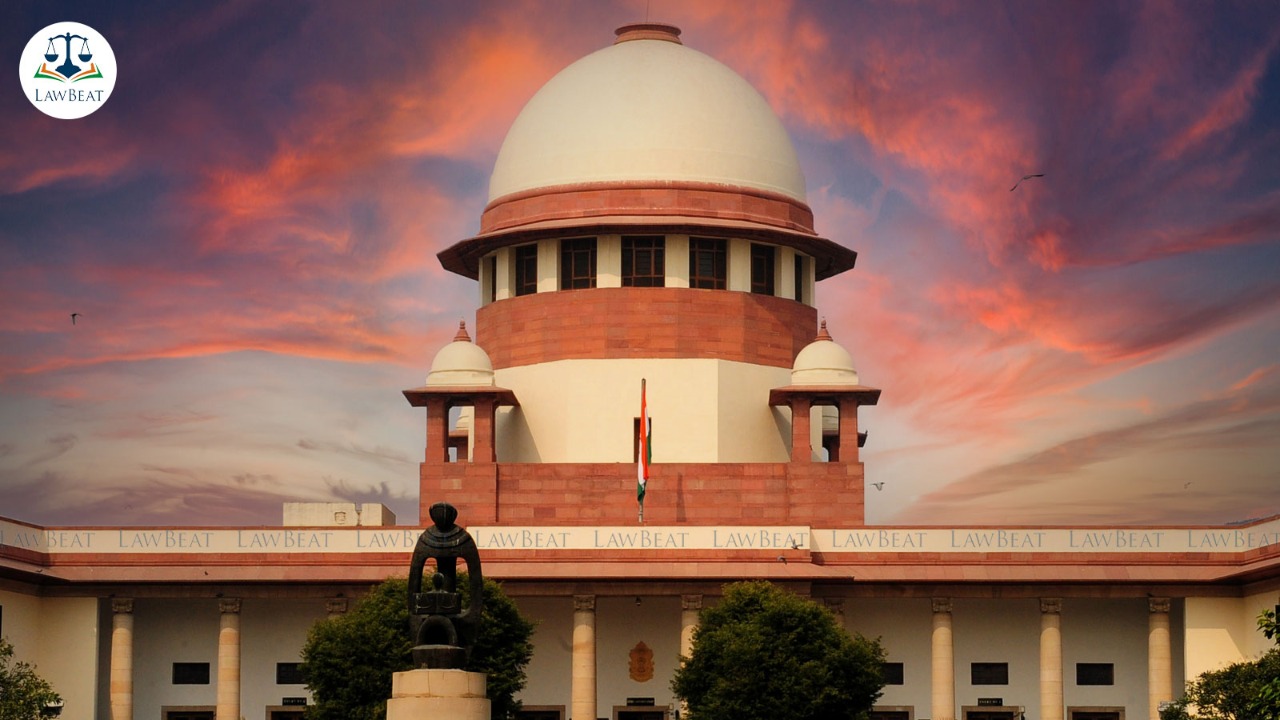Supreme Court Rejects NEET Re-Exam Plea by Student with Medical Condition

The top court agreed with high court's view that denial of permission to take a handkerchief inside the examination hall would not have materially affected the petitioner's performance, as he could have rubbed his palms on his clothes
The Supreme Court, on September 13, 2024, emphasized caution in addressing individual grievances about public examinations to prevent delays in result finalization, which can harm broader public interests.
A bench of Chief Justice of India D Y Chandrachud and Justices J B Pardiwala and Manoj Misra dismissed a petition filed by one Talluri Srikar, a minor filed through his father Talluri Srikrishna against the Telangana High Court's judgment of August 9, 2024.
The petitioner was aggrieved with the rejection of his writ petition seeking a direction to the National Testing Agency to conduct a re-examination of NEET(UG)-2024 for the petitioner, as it did for 1563 candidates.
The petitioner contended he suffered from a medical condition called ‘Hyperhidrosis’ of palms and soles. Due to this, his palms sweat profusely. Therefore, to keep them dry, he needs a piece of cloth, such as a handkerchief, to wipe off the sweat.
According to the petitioner, though he was allowed to appear in the NEET-2024 examination, he was not permitted to take his handkerchief inside the examination. As a result, he was extremely inconvenienced and could not gainfully utilise the allotted time for the examination. He claimed that he could not attempt many questions and even bubbled a wrong digit on the OMR sheet.
He, therefore, prayed that a fresh examination be conducted for him as was done for 1563 candidates who lost examination time because of delay in distribution of correct question papers to them.
In connection with the grievance, the petitioner had submitted a representation which stood rejected by order of June 21, 2024 passed by the authorities.
The high court, however, had noted that the full allotted time for giving the examination was provided to all the candidates including the petitioner at the relevant examination center; therefore, the case of the petitioner was not at par with those 1563 candidates for whom a fresh examination was conducted.
The high court had also observed that even if it was assumed that the petitioner was wrongly denied permission to carry a handkerchief, it would not have materially affected his performance in the examination as sweat on his palms could easily be wiped off on the clothes worn by a person.
Having heard the petitioner's father, the top court said that the thrust of the submissions was on the negligence of the security personnel manning the examination center in not allowing the petitioner to carry a handkerchief inside the examination hall even though it was not a prohibited item.
Court noted the argument that had the petitioner been provided the benefit of a handkerchief, his performance would have been a lot better thereby improving his chances for admission in a college of his choice.
The bench, however, said that it was not a fit case for interference as there was no case that allotted time for giving the examination was not provided to the petitioner at the examination center.
"Thus, the case of the petitioner is distinguishable from those 1563 candidates for whom re-examination was conducted because of loss of examination time on account of delay in distribution of correct question paper," the bench said.
In the examination, the court also noted that answers were to be rendered by darkening blank circles on the OMR sheet. In such a case, the use of a pen or a pencil was much less than where answers are to be written.
"Hence, the view taken by the High Court that denial of permission to take a handkerchief inside the examination hall would not have materially affected petitioner’s performance, as he could have rubbed his palms on his clothes, is a plausible view," the bench said.
Accordingly, court dismissed the petition, finding no merit in it.
Case Title: Talluri Srikar (Minor) Through His Father Talluri Srikrishna Vs The Director, National Testing Agency & Ors
